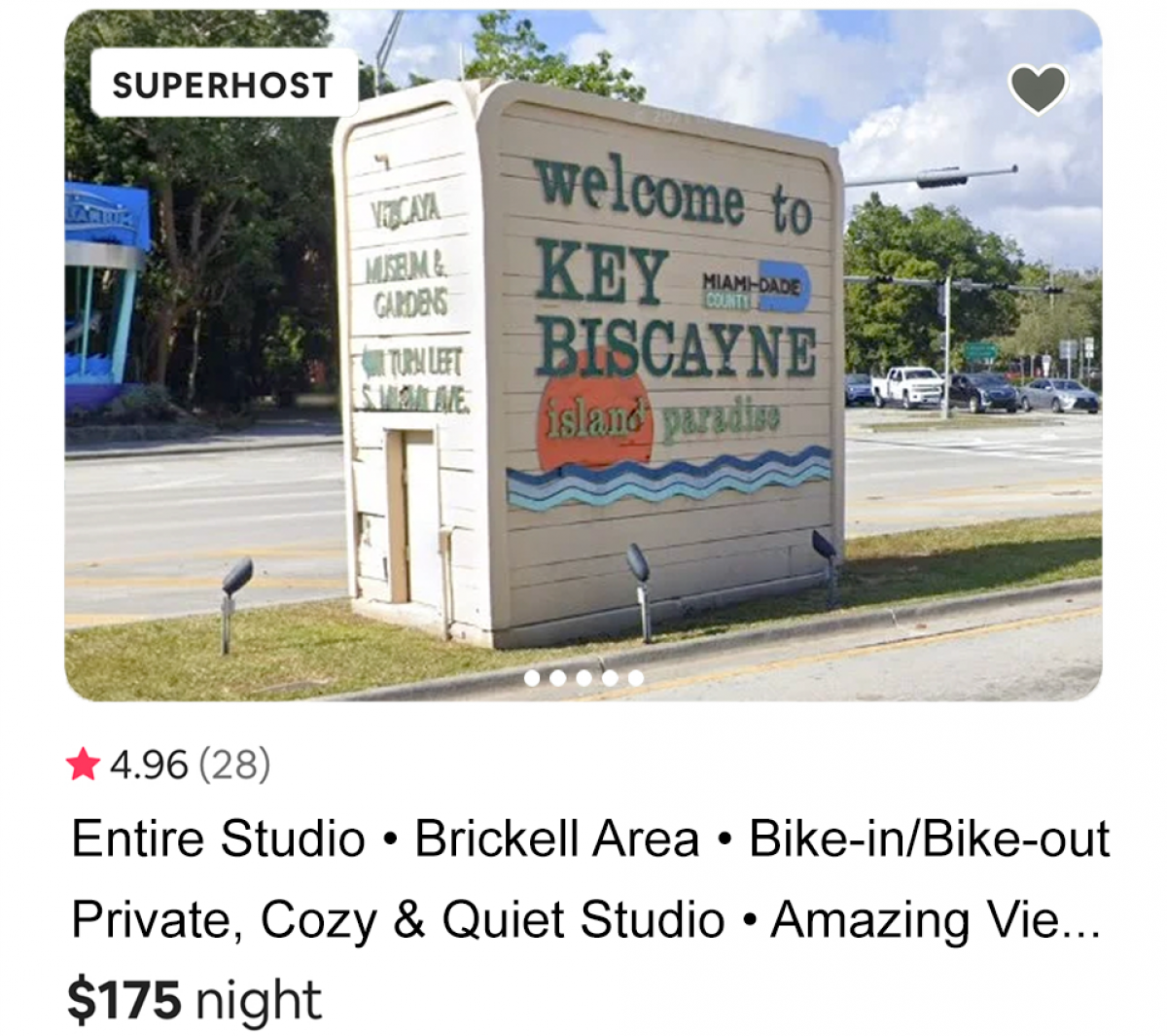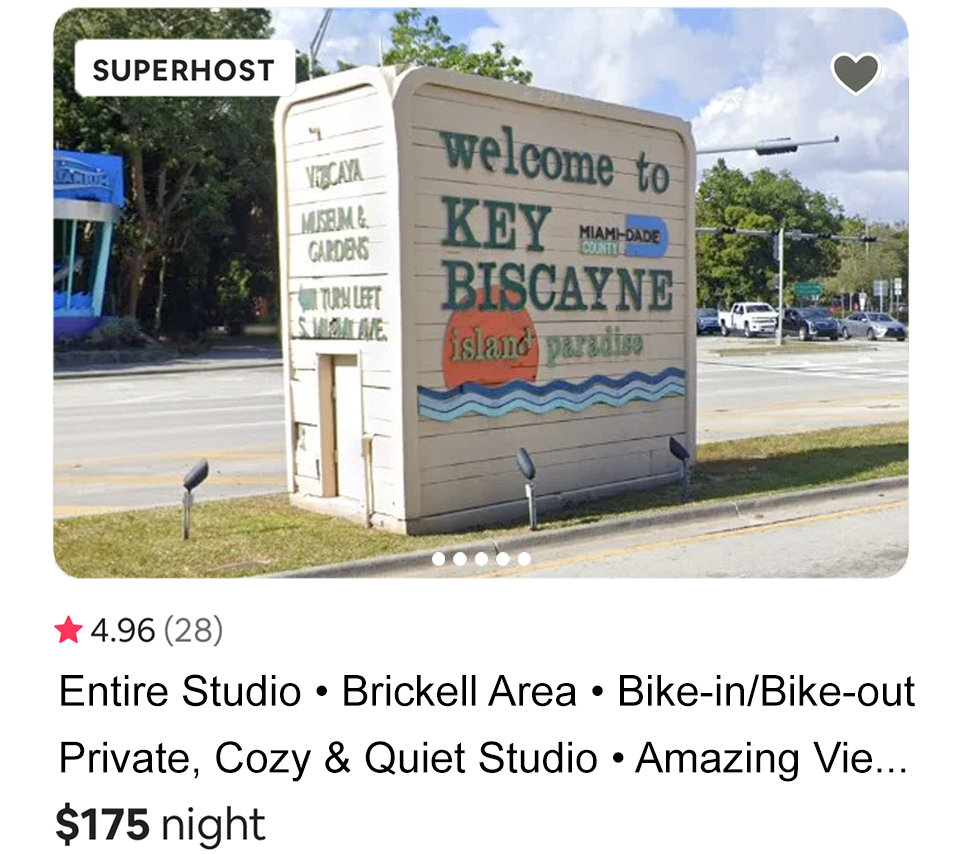
Debate over short-term rentals heats up in Miami as officials defend Airbnb listings
The recent trend of Miami City Officials putting public land on Airbnb is concerning. This practice raises questions about the ethics of using taxpayer-funded property for private gain, as well as the potential impact on the city’s housing market and community.
In recent years, the city of Miami has made several properties available for short-term rental on Airbnb, including a community center, a park pavilion, and a city-owned home. The idea behind this is to generate revenue for the city and provide a unique and affordable lodging option for tourists.
However, critics argue that this practice is problematic on several levels. For one, it raises questions about the use of public land for private profit, especially given that many of these properties were funded by taxpayer dollars. Additionally, it could potentially exacerbate Miami’s already-tight housing market, as more properties are taken off the market for long-term rentals.
Furthermore, some residents are concerned about the impact of short-term rentals on their communities. They worry about noise and disruptions from tourists, as well as the potential for property damage and safety issues.
In response to these concerns, some city officials have proposed regulations on short-term rentals, such as limiting the number of days a property can be rented out and requiring hosts to obtain proper permits and pay taxes. However, these efforts have been met with pushback from some Airbnb hosts and industry groups.
Overall, the practice of putting public land on Airbnb raises important questions about the role of government in regulating short-term rentals, as well as the ethics of using taxpayer-funded property for private gain. As the debate continues, it is important for all parties to consider the potential impact on Miami’s communities and housing market


